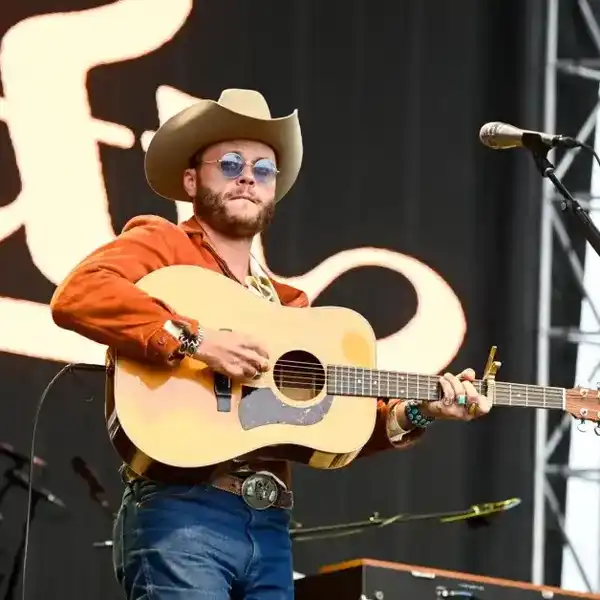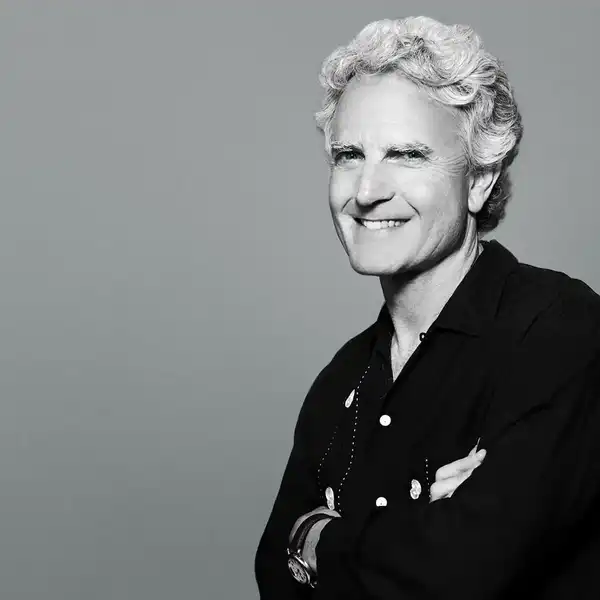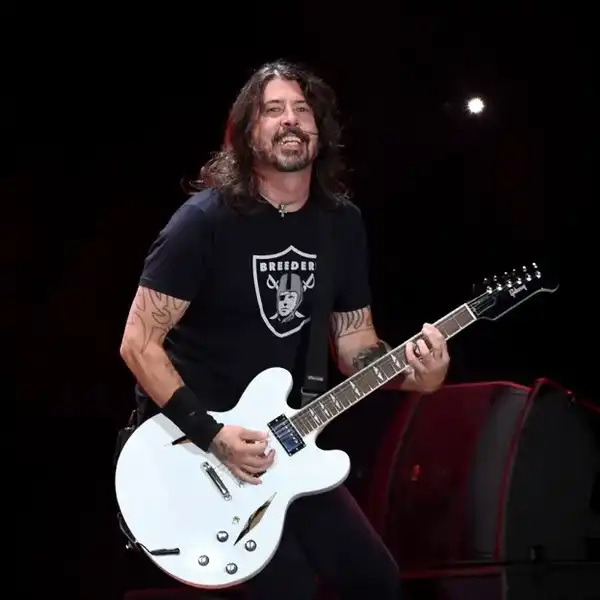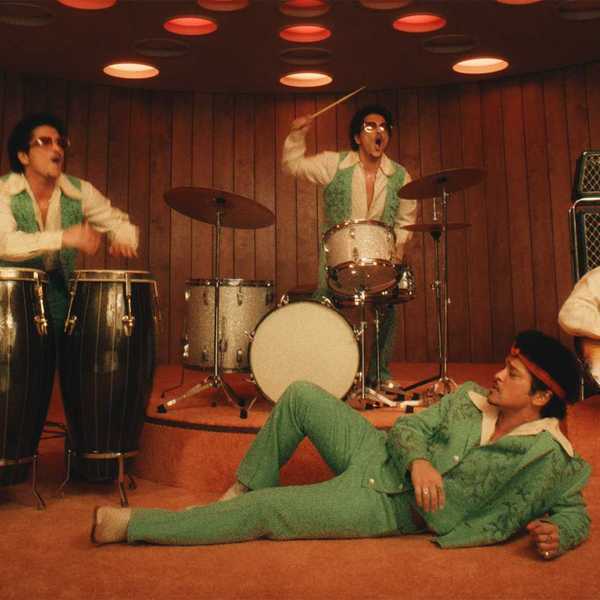Five Questions With… Blair Packham
Still fondly remembered as the frontman of '80s power pop trio The Jitters, Packham has branched out as a radio host, songwriting instructor and composer for film and TV. Last year he upped his game by releasing a solo album, his first solo in 13 years, and this Saturday he relives his past with a Jitters reunion. Jason Schneider catches up with the less than jittery creator for a talk about this, that and the other.
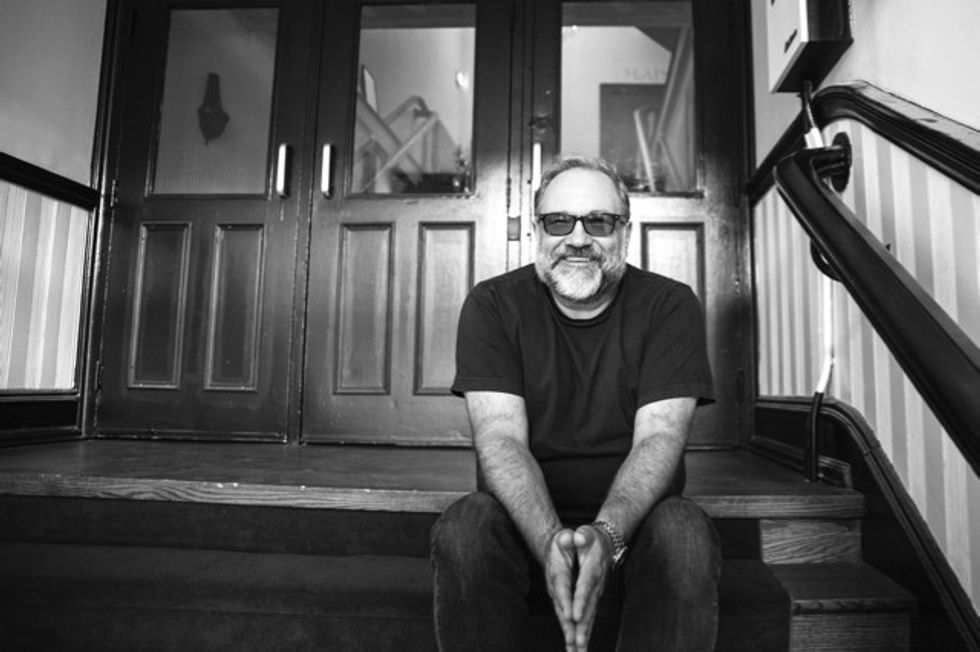
By Jason Schneider
In choosing to call his latest collection Unpopular Pop, Blair Packham perfectly captured the dichotomy that so many great songwriters face as they age: Even as their skills and grasp of human nature become more insightful, the dilemma they face is immovable as pop music is a young person’s game preoccupied with young people's lives.
In fact, Unpopular Pop is Toronto native Packham’s first solo album in 13 years, so he knew the game had changed. But that didn’t stop him from relying on his immense wit and storytelling ability to create something that can only be described as timeless.
He also relied on technological advancements made since his last record, working in no small measure alone in his home studio, and calling on friends such as Ron Sexsmith, Steven Page and Craig Northey to lay down parts when necessary. It also allowed Packham to indulge his inner fanboy, as heard on the rollicking cover of the Beatles’ “And Your Bird Can Sing,” an essential touchstone for his songwriting style.
Packham established his reputation in the 1980s with his band The Jitters, whose two albums for Capitol Records resulted in substantial radio and video play and a 1989 Juno nomination for Most Promising Group. But after leaving the group in 1991, Packham shifted to balancing a solo career with film and television composing, along with teaching post-secondary songwriting courses. He is also heard each week co-hosting a lively music-themed interview show, In The Studio, on the Bell Media talk radio network.
It all demonstrates that Packham remains devoted to the power of pop songwriting that first grabbed him as a teenager and never let go. He plays a special reunion show with The Jitters—performing as well with his band—on Saturday, Jan. 13 at Hugh’s Room Live in Toronto. Ticket info is available at hughsroomlive.com, and Unpopular Pop can be purchased through blairpackham.com.
You’re playing again with The Jitters. What brought that about?
We usually play together maybe once a year or even a little less frequently, but we had such a good time doing it last May we decided to do it again sooner rather than later. So far, we’re all still alive, so we figured there’s no time like the present.
Unpopular Pop was released last spring. What’s your perspective on it now?
I’m pleased with the way things went; I got lots of excellent reviews, comments and compliments, some radio play, and a real feeling of accomplishment, which can’t be underestimated. I also sold out of my first pressing, so given the lowered expectations everyone in the music biz seems to have acquired since I last released something in 2004, I figure I’ll hit Number One before you know it!
You also host a great talk radio show focused on music. Have you any favourite guests?
It was a thrill to talk to Nick Lowe, a songwriter and producer I deeply admire, but also Solomon Burke, a soul legend and genuine character who I had worked with in the early 1980s—via the Comfort Sound mobile recording truck. He remembered, and we shared a few laughs. More recently, a rough-around-the-edges character named Johnny Goldtooth showed up at our station—Newstalk 1010—to talk about his new record, apparently produced by local guitar whiz phenom Kevin Breit. I’d never heard of the guy, but he seemed pretty secure in his legendary-ness.
Your songs have always been meticulously structured. Where do your ideas most often come from?
I am a bit of an eavesdropper; I’m often listening in conversation or keeping an eye out in a book or a magazine for a phrase that “sings,” something that sounds intriguing or makes me think. I love writing melody and lyrics at the same time, at least initially.
I have—literally—three more albums on the go right now, plus some instrumental music. One of the records is with my acoustic trio with Jim Nielsen on upright bass and Topher Stott on cocktail drums, and another is an album of collaborations. The third project is top secret, so far. I have no illusions that the world is breathlessly waiting for my next album, but I’m a lifer—this is what I do—and I have lots more to say, musically and lyrically. Hopefully, somebody will be paying attention, and the music will make a connection. I want to get some soundtrack placements in 2018, having had my stuff in lots of TV and film productions in years past.
What’s your best touring story?
In 1988, The Jitters toured the U.K. supporting Heart, and the last three nights were at Wembley Arena. Rick Astley was on top of the British charts at the time, and we heard him everywhere we went. I told the house full of Heart fans at Wembley that though we’d miss England when we returned to Canada, I admitted that we might not miss a particular song, and proceeded to improvise some saucy words to “Never Gonna Give You Up.” Making 12,000 people laugh is very satisfying.




